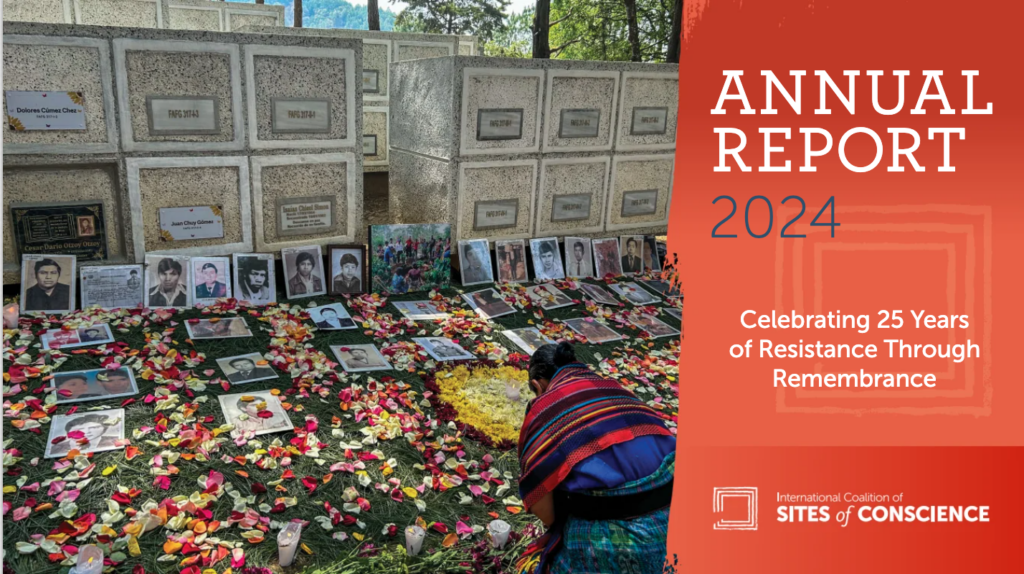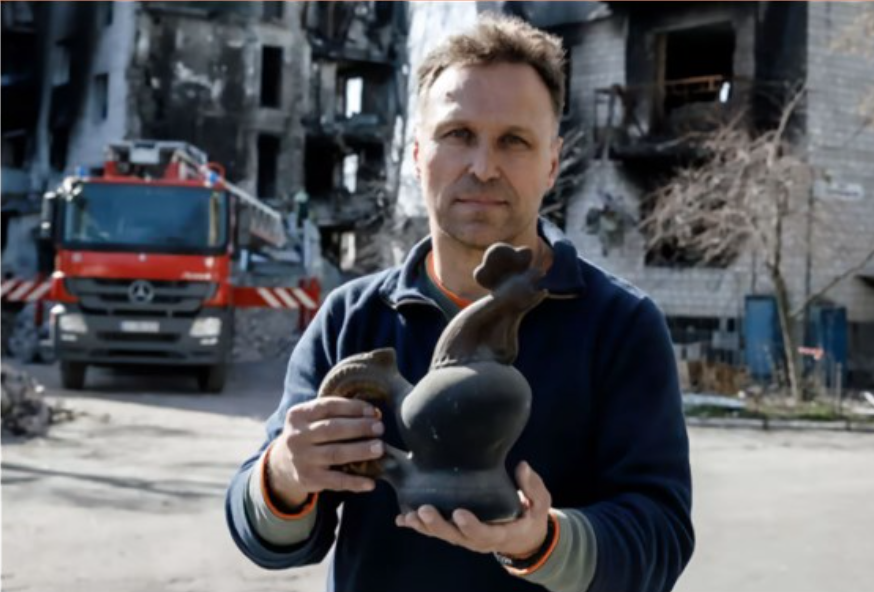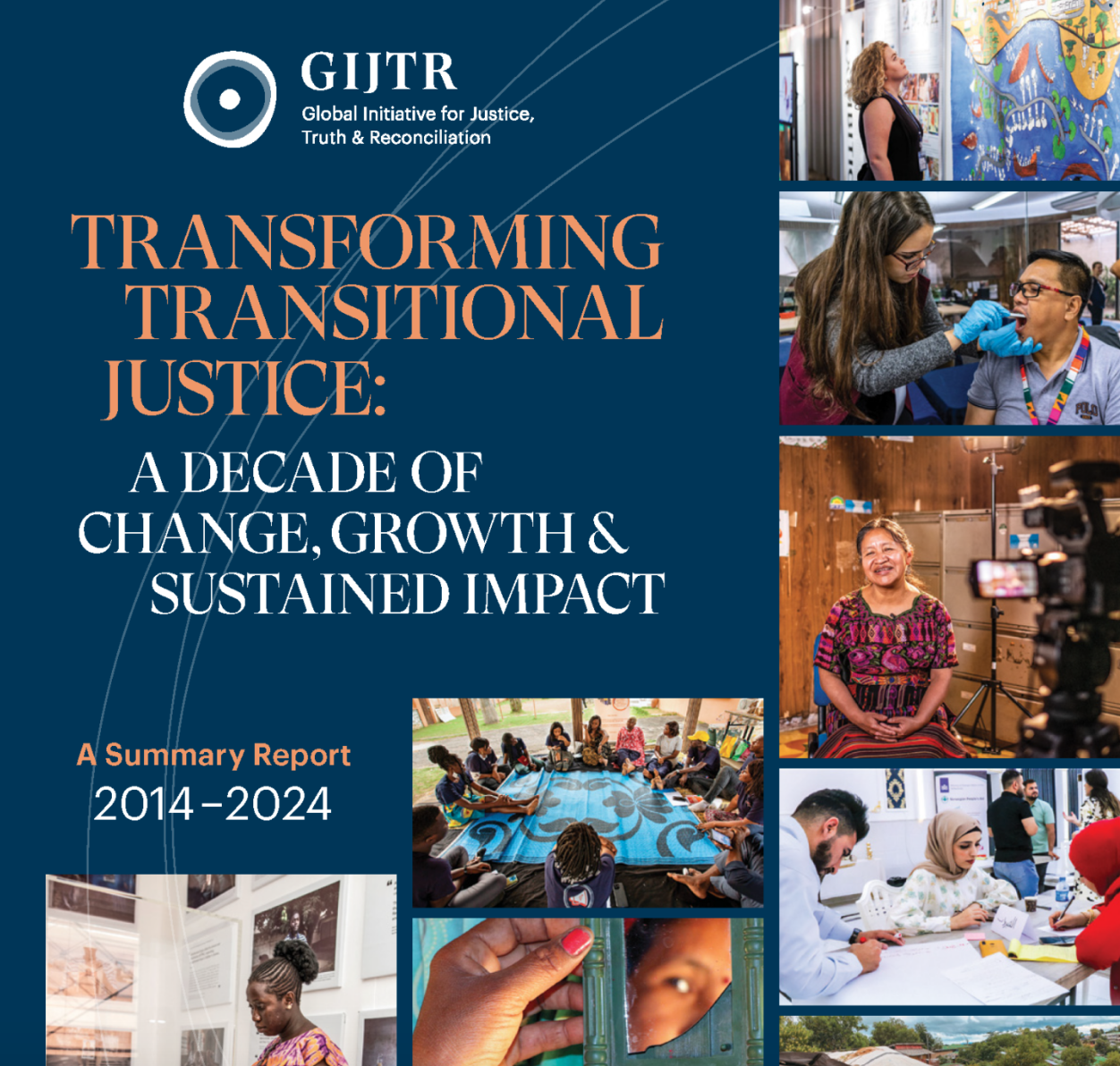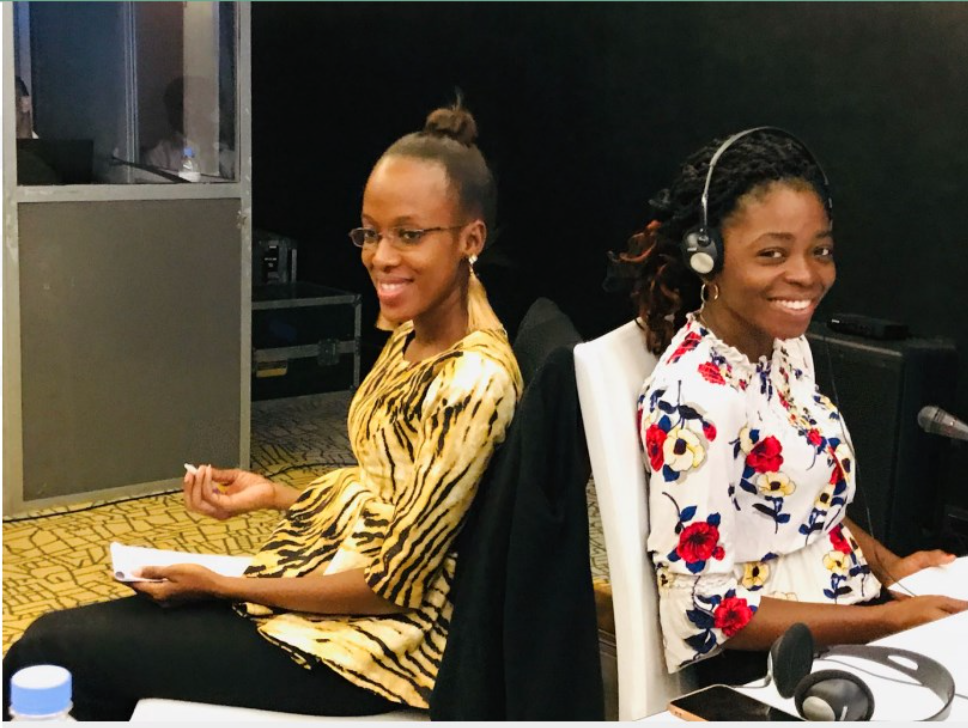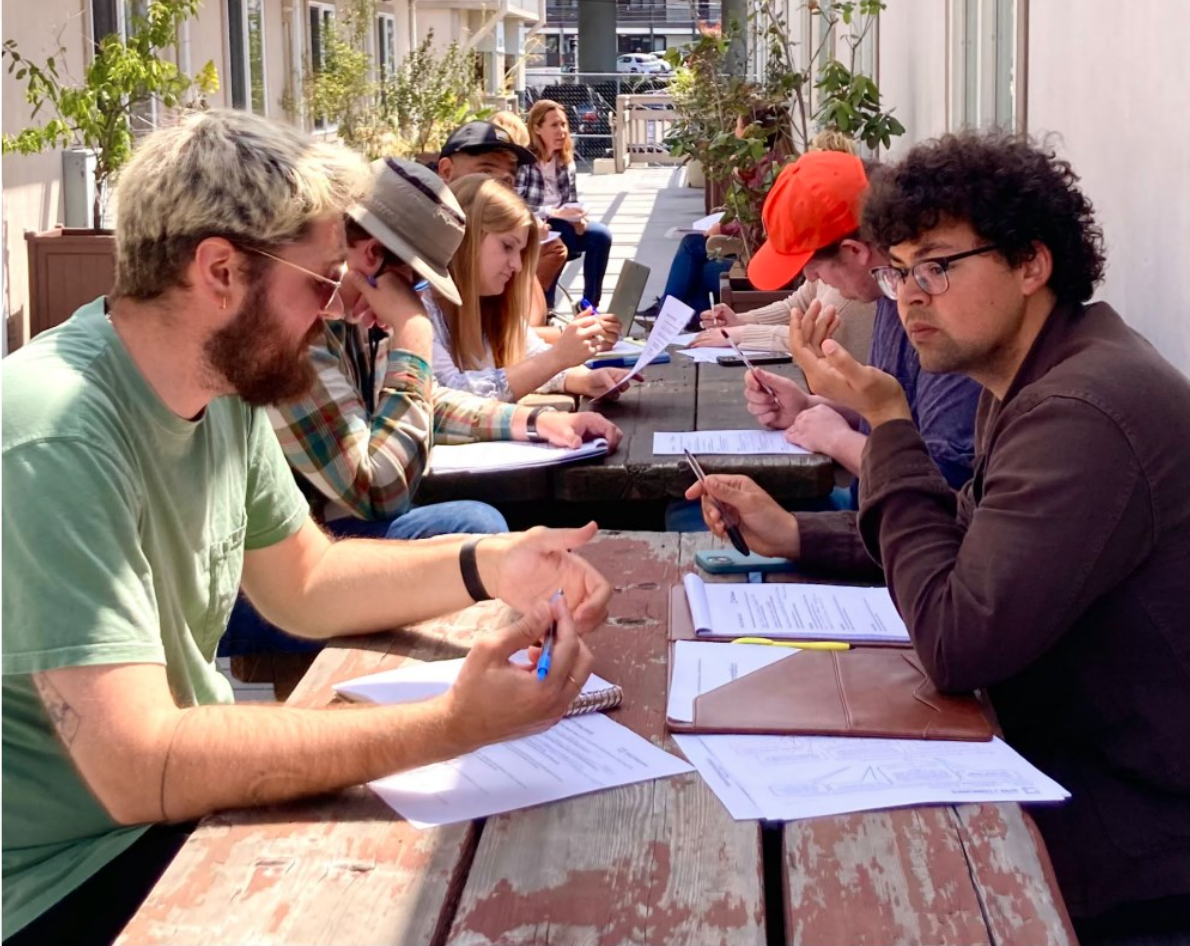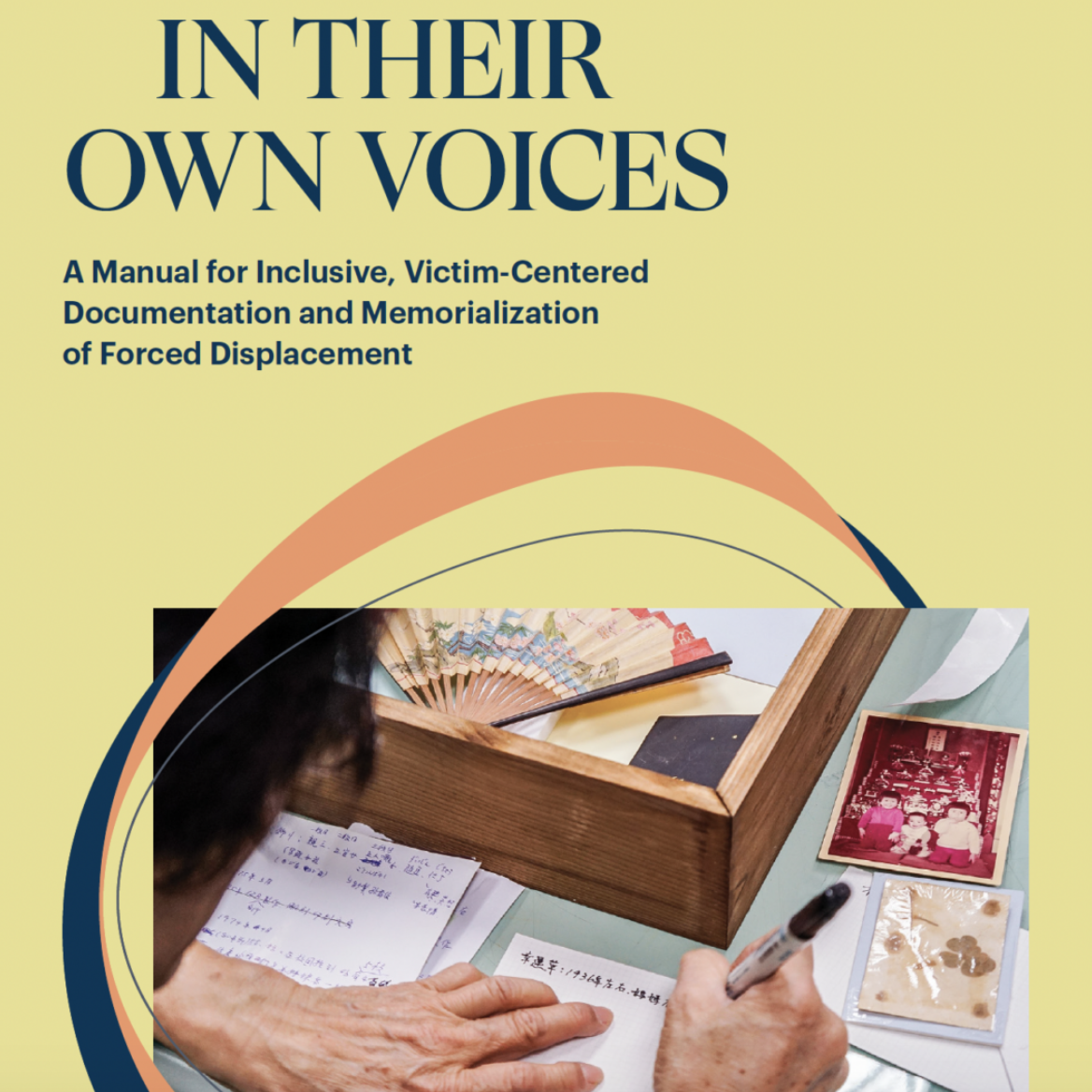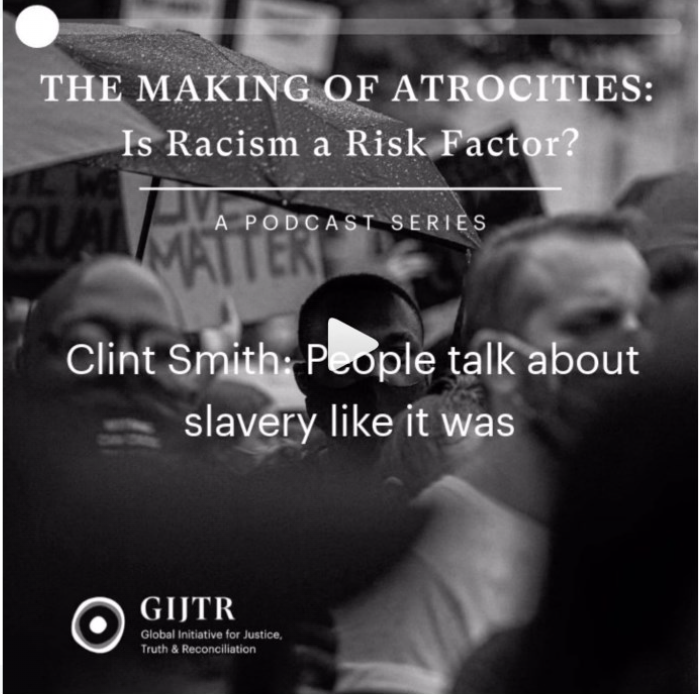Celebrating 25 Years of Resistance through Remembrance
Since its founding 25 years ago, the International Coalition of Sites of Conscience (ICSC) has revolutionized the way individuals, communities and governments respond to histories of harm. By breaking silences about past atrocities and systemic injustices, ICSC makes a bolder, better world possible – a world where survivors share their own stories; women and other marginalized groups promote and defend their truths; and perpetrators are held accountable for their crimes.
Sites of Conscience and the Fight for Democracy
As events past and present continue to remind us, democracy requires relentless care and attention.
From North America to the Middle East, people in every corner of the world find themselves today in the midst of war or mired in volatile and profoundly polarized settings, where democracy and the rule of law are no longer guaranteed.
To counter these forces, ICSC is equipping museums, historic sites and communities with the skills they need to combat the historical erasure and exclusion that breeds inequality and cycles of conflict.
